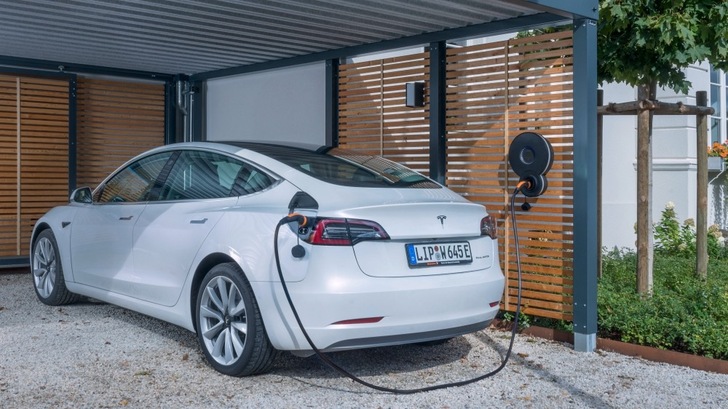With a global market share of 43 per cent, Europe is two percentage points ahead of China and well ahead of the USA, which has a share of only ten per cent. More than one in ten cars registered in Europe in 2020 had a battery-electric drive or plug-in hybrid. This is more than three times as much as in the previous year. In the first quarter of 2021, more than 450,000 EVs were sold in Europe - a doubling compared to the first quarter of the previous year. Within Europe, the Nordic countries such as Norway (60% market share for pure electric cars), but also Sweden, Denmark and the Netherlands are leading the way - here the market shares of EVs sold are above 20 per cent.
EVs are winning against the market trend
"It is no coincidence that Europe is becoming the leading market for e-mobility," says Patrick Schaufuss, a partner in McKinsey's Munich office. The reason: government support programmes such as the purchase premiums for e-vehicles and the strict CO2 requirements have boosted the demand for and production of low- and zero-emission vehicles enormously, analyses Schaufuss.
See also: Tesvolt wants to accelerate inductive charging of EVs
In terms of production, Chinese and German manufacturers are expected to be on par this year, with around 1.6 million EVs produced worldwide. From next year, however, Germany could just overtake China. These are the main findings of the McKinsey Electric Vehicle Index, with which the consultants regularly measure the development of e-mobility in the 15 most important countries. (nhp/mfo)
Also interesting: Outlook for electric vehicles brighter than ever








